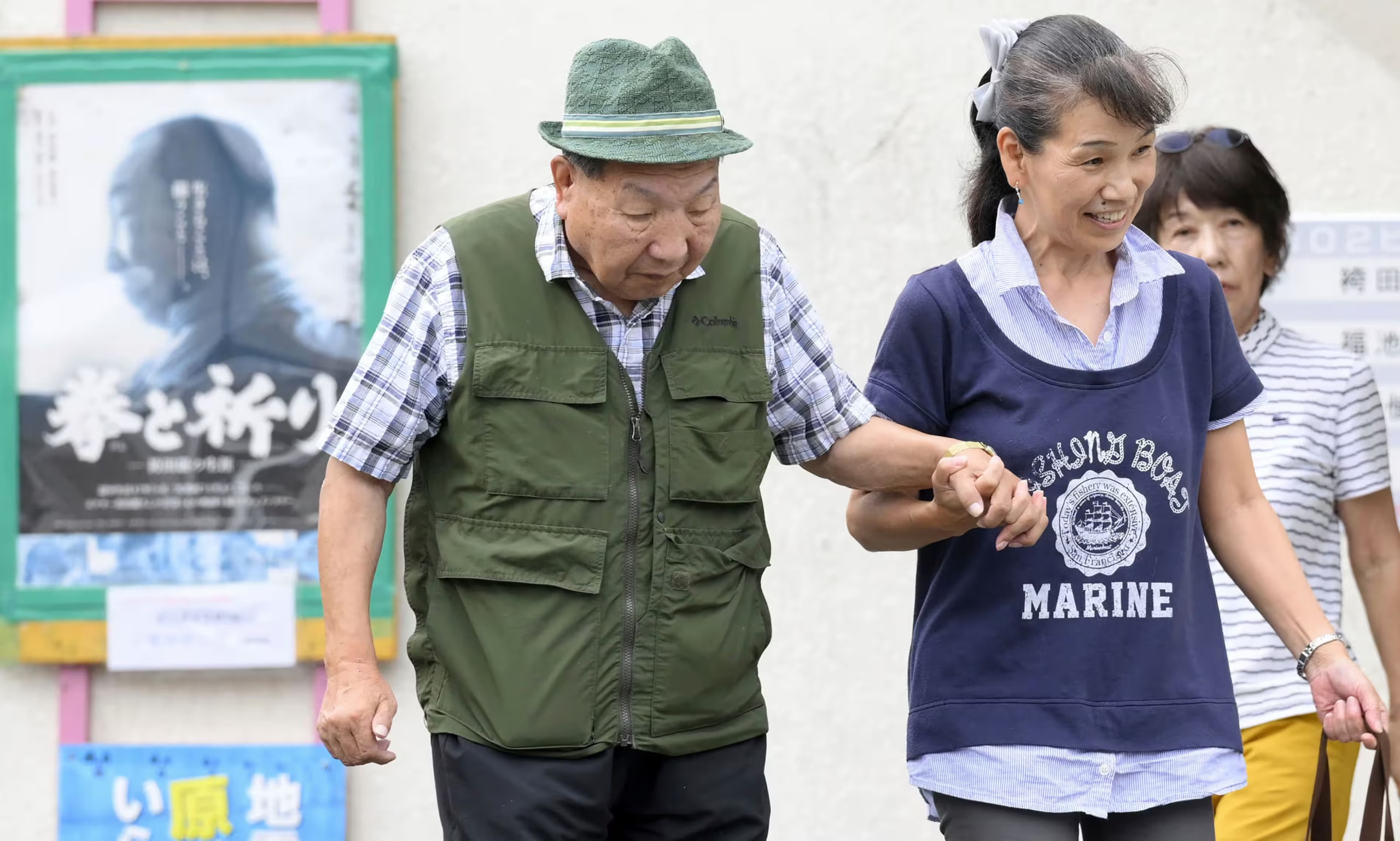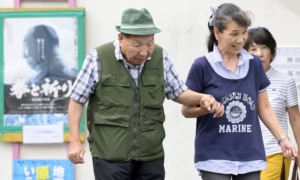
In a historic verdict, 89-year-old Iwao Hakamada, once the world’s longest-serving death row prisoner, has been awarded $1.4 million (¥217 million) as compensation for spending 46 years wrongfully imprisoned in Japan. Hakamada’s exoneration in 2024, after a grueling battle for justice, highlights alarming flaws in Japan’s criminal justice system, including police evidence tampering and coerced confessions. This case raises urgent questions about the death penalty and the human cost of wrongful convictions.

The Tragic Case of Iwao Hakamada: A 1966 Murder That Changed His Life
In 1966, Iwao Hakamada, a former professional boxer, was arrested for the brutal murder of a businessman, his wife, and their two children in Shizuoka, Japan. Despite maintaining his innocence, Hakamada confessed under what the court later called “inhumane interrogations”—a common tactic in Japanese policing. His confession, which he retracted immediately, became the primary evidence against him.
In 1968, he was sentenced to death based on circumstantial evidence, including bloodstained clothes that prosecutors claimed belonged to him. Decades later, DNA tests proved the clothes did not fit Hakamada, and the bloodstains were likely planted by investigators.
A Flawed Trial and Evidence Tampering
Hakamada’s conviction rested heavily on fabricated evidence. During his 2024 retrial, the Shizuoka District Court ruled that police had tampered with critical evidence to secure a guilty verdict. The court noted that the clothes presented as evidence were too small for Hakamada and contained DNA that did not match his. This shocking revelation exposed systemic corruption and the terrifying ease with which innocent lives can be destroyed.
Japan’s conviction rate exceeds 99%, largely due to reliance on confessions—often extracted through prolonged interrogations without legal representation. Hakamada’s case is a grim reminder of how such practices can lead to irreversible injustices.
Life on Death Row: 46 Years of Mental Torture
For 46 years, Hakamada lived under the constant shadow of execution. Death row inmates in Japan are typically notified of their hanging just hours before it occurs, leading to severe psychological trauma. His lawyers revealed that the prolonged isolation and uncertainty left Hakamada “living in a world of fantasy”, with irreversible damage to his mental health.
Despite his 2024 exoneration, Hakamada’s sister, Hideko, who campaigned tirelessly for his release, lamented, “No amount of money can give him back the life he lost.”
The Fight for Justice: A 55-Year Legal Battle
Hakamada’s exoneration came after a relentless campaign by his family, activists, and legal experts. He became only the fifth death row inmate in Japan’s postwar history to receive a retrial—all five cases ended in acquittals, exposing systemic failures.
In 2014, a district court ordered a retrial, citing doubts over the evidence, but prosecutors appealed. The Supreme Court finally greenlit the retrial in 2020, leading to his 2024 acquittal.
Record Compensation—But Is It Enough?
The Shizuoka District Court awarded Hakamada ¥12,500 (83)foreachday∗∗ofhisincarceration,totaling ¥217million(1.4 million). While this is Japan’s highest-ever compensation for wrongful conviction, his legal team argues it’s insufficient.
“The compensation fails to account for the mental agony of facing execution daily,” said one lawyer. Hideko added, “My brother lost his youth, his career, and his sanity. How do you compensate for that?”
Conclusion: A Bittersweet Victory
Iwao Hakamada’s story is one of resilience and the unyielding pursuit of justice. While his compensation sets a precedent, it underscores the urgent need for systemic reforms to prevent future tragedies. For Hakamada, freedom came too late—but his case serves as a stark warning.
As debates over Japan’s criminal justice system intensify, one truth remains clear: no compensation can undo decades of trauma. However, Hakamada’s exoneration offers hope that even the deepest injustices can eventually be corrected.
Iwao Hakamada, Japan’s longest-serving death row inmate, awarded $1.4M after 46 years of wrongful conviction. Explore his fight for justice, evidence tampering, and flaws in Japan’s legal system.









